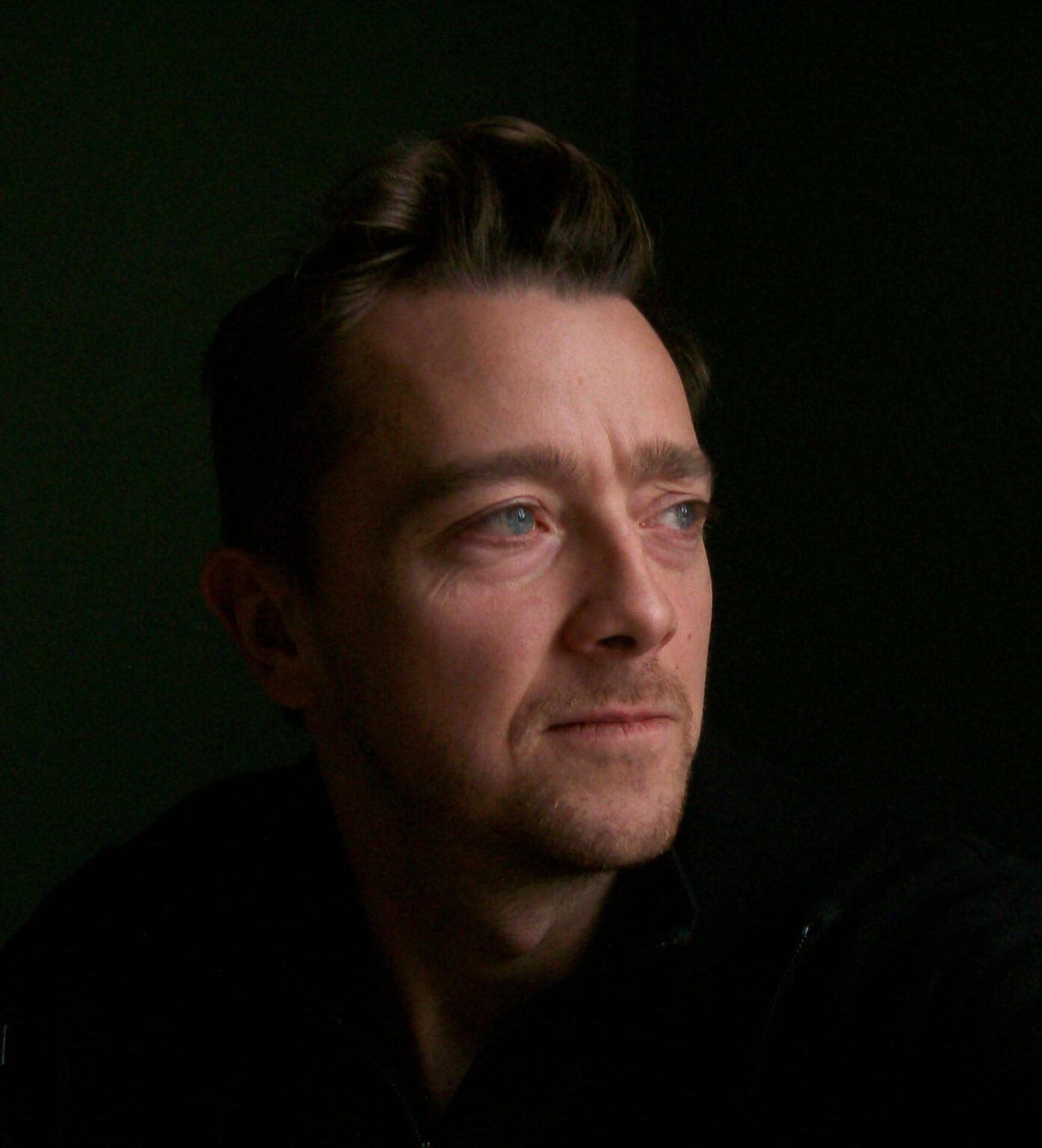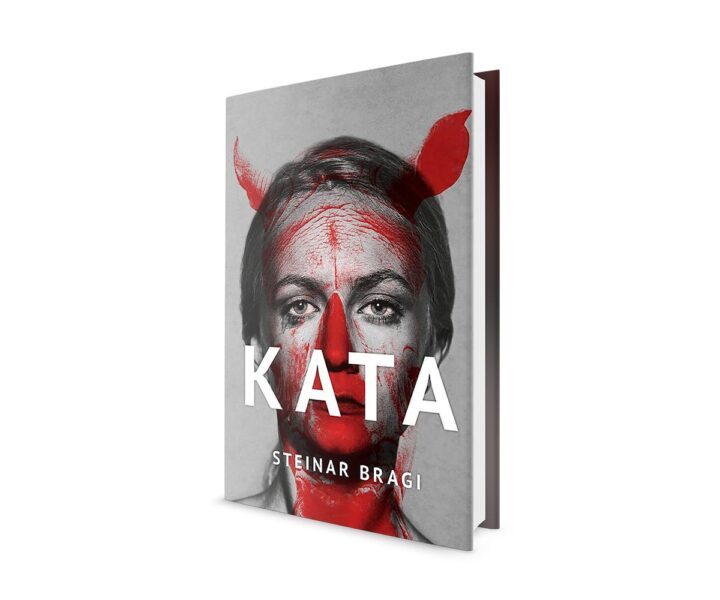
Photo: Salomonsson Agency


Steinar Bragi (b. 1975), of Reykjavík, Iceland, is the author of several books of poetry and prose. Debuting as a 23-year-old with the critically acclaimed poetry collection Black Hole, he later turned to prose with the novel Women, a claustrophobic abstraction of the price of being a woman under a male-driven capitalist society and misogynistic power structures. Women was later nominated for the Nordic Council Literature Prize. A nascent master of contemporary horror and sci-fi, Bragi was again nominated for the Nordic Council Literature Prize in 2022 with his first sci-fi novel, The Disturbance. Bragi continues to illuminate the darkest corners of our collective psyche with Lovecraftian detail while in the vein of Stephen King.
“Bragi’s psychological thrillers, tinged with an almost Lovecraftian sense of horror, are as much about the ills of contemporary society as they are about individual crimes.”
-New York Times
“Bragi is an extremely skilled writer, and I both look forward to and dread the nightmares he will bring forth in our collective psyches in the future.”
-Svenska Dagbladet
| Shortlisted for the Nordic Council Literature Prize – Truflunin The Disturbance | 2022 |
| Shortlisted for the Icelandic Literature Prize Iceland | 2016 |
| Shortlisted for The Blood Drop Iceland | 2015 |
| Shortlisted for the DV Cultural Prize for Literature Iceland | 2015 |
| Tindabikkjan (Best Icelandic Thriller/Crime Novel of the Year) Iceland – Kata Kata | 2014 |
| Shortlisted for the Nordic Council Literature Prize The Nordic Countries | 2010 |
| Shortlisted for the DV Cultural Prize for Literature Iceland | 2008 |
| Shortlisted for the DV Cultural Prize for Literature Iceland | 2005 |

“The first time I left my body, my mom’s friend was lying on top of me. I awoke to a sliver of light streaming in through a crack in the door, and I saw a shadow move across the room, settling over me. The darkness felt heavy, as if it were swallowing me whole, erasing me from existence, but of course, I had no words for it then.”
A young woman dies repeatedly and travels in time, tasked with saving the world’s richest people from accidents or attacks, thus prolonging their lives. After being raised in foster homes, she was sent to a school run by a powerful company, where she was prepared for this brutal life’s work. But one day, the company’s very existence is threatened, bringing unpredictable consequences for her and the people she loves.
Golem is a gripping story set in a dark and ruthless future where dissent is stifled before it begins.

Steinar Bragi’s The Disturbance is nominated for the 2022 Nordic Council Literature Prize. Instituted in 1962, the Literature Prize has since been awarded annually to a work of fiction written in one of the Nordic languages that is of “high literary and artistic quality”.
The winner will be announced on November 1st in Helsinki, Finland.
The jury says about the The Disturbance:
“The questions that arise during the reading of this novel are the big questions on the ethics of science and the present day. Some of them are familiar: When will artificial intelligence become so powerful that it will be indistinguishable from human intelligence? If the imitation of human intelligence can be perfected, will it be more perfect than the intelligence that each of us has been given? In films and literature, conflicts are often portrayed between humans and supercomputers, cyborgs or aliens. Such clashes usually end with the human spirit winning a narrow victory, which relies on mankind’s ability to love and believe – but who says that this is not also something that can be learned?”
To read the full rationale, please click ‘Read More’ below.

An about-to-hit-forty cancer ward nurse in Iceland, Kata is a woman destined for a journey of revenge. After her teenage daughter Vala goes missing, Kata throws herself into work to forget. When her daughter’s body is found at last, Kata learns the awful truth of the horrors that she suffered before dying. And as Kata listens, it’s as if her world begins to gently shift out of focus, tilt off its axis: The odyssey begins. The end destination is justice, but even more so, revenge. Revenge on her daughter’s murderers, and on all men who abuse women. Because vengeance is not a male privilege, though the hand throwing the acid nearly always is. Acting according to the device “Until men’s and women’s rights are equal, women will submit their own agenda: Defence, Punishment and Sisterhood,” Kata begins the bloody process of reclaiming womankind’s right to avenge injustices, and themselves.
When Steinar Bragi began the research work for his novel Kata, he was shocked and appalled by the Icelandic statistics for crime against women, in particular that of sexual assault cases. Kata is a novel born out of this shock, and the raw horror that hides behind the figures.